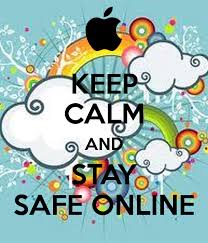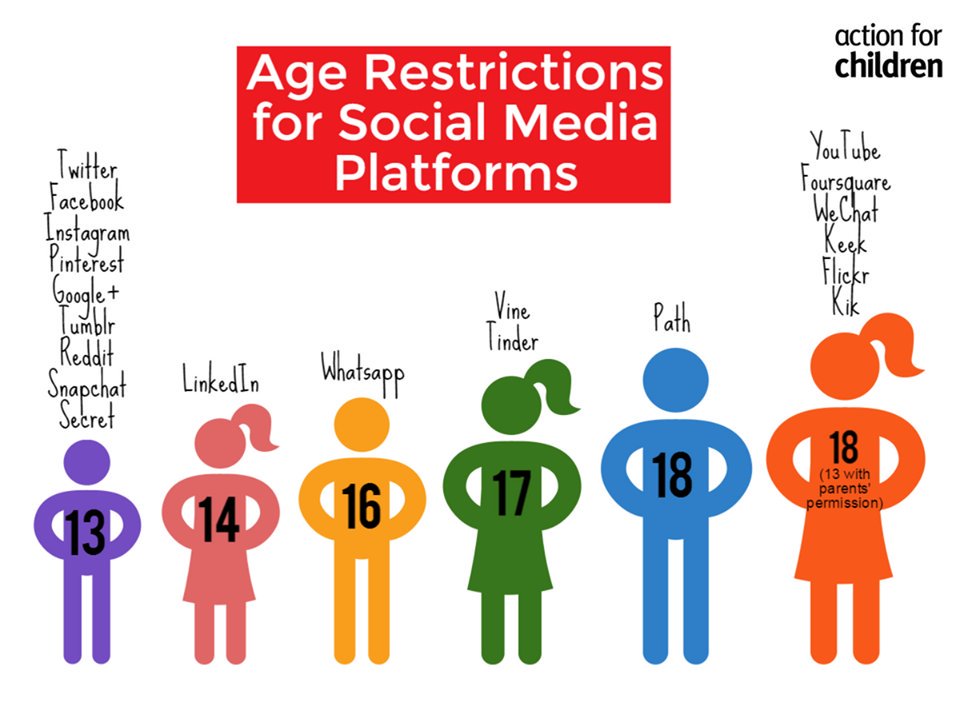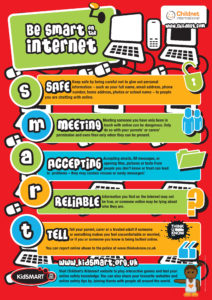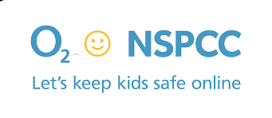Staying Safe (including Online)…

“Nothing EVER goes away once it is posted online”.
Safeguarding is everyone’s responsibility…
Click here to view some of our key Safeguarding policies…
Endon Hall Safeguarding Policy Sept 2018
Safeguarding and Child Protection contacts poster
Endon Hall Safer Recruitment Policy Nov 2018
Endon Hall Preventing Extremism and Radicalisation Policy Nov 2018
Endon Hall Mobile Phone, Camera and Device Policy June 2018
Endon Hall Visitors and Guests in School Policy Nov 2018
Endon Hall Code of Practice for Volunteers
Online Safety…
Be a part of your child’s online life; involve the whole family and show an interest. Find out about the sites they visit and what they love about them. If they know you understand they are more likely to come to you if they have any problems.
Click on the link below to find out how we teach Online Safety in school…
Endon Hall Online Safety Policy June 2018
Here is an important information leaflet for parents/carers…
Supporting children online – Childnet – Information for parents and carers
These are the SMART rules we use with children in school, click on the photo below…
How do you put parental controls on an iPad?
Follow the steps below to make sure your iPad is child-proof:
– From the Home screen, select ‘Settings’
– Scroll down and select ‘General’ then ‘Restrictions’
– Follow the on-screen instructions and select ‘Enable Restrictions’
How do I turn on YouTube Safety Mode?
– On any video page in YouTube, scroll down to the page footer where you will see your current language, location and Safety Mode settings
– Change your Safety Mode setting by clicking ‘On’ and then ‘Save’
– If you have a YouTube account, sign in and then you can lock this feature permanently, so that your account password is required in order to unlock Restricted mode
Online Safety Alerts – Think Before you Scare






